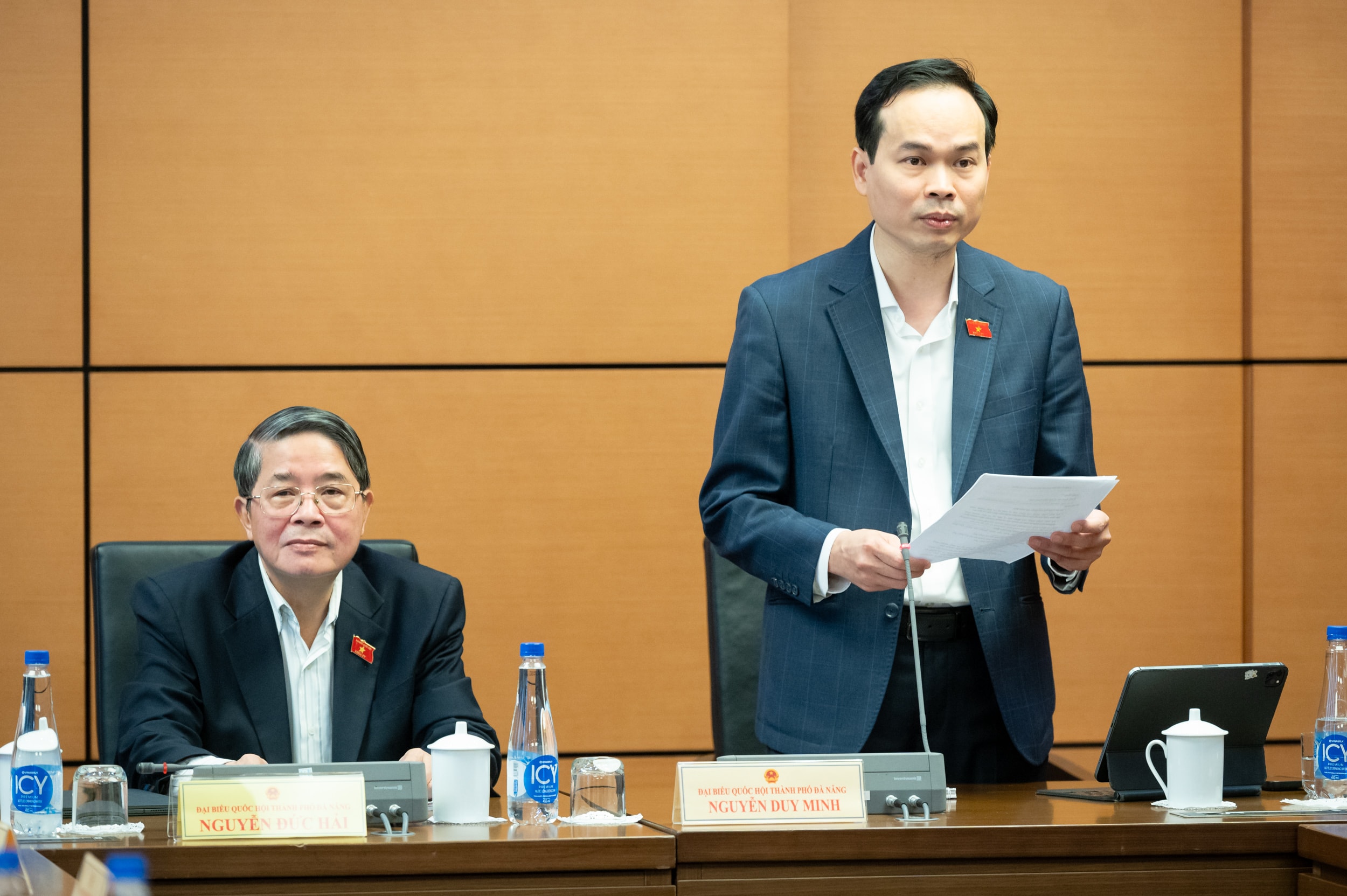
The Law on Teachers has solved the "problem" of transferring teachers.
Discussing in the Group, the National Assembly Deputies highly agreed with the goals and innovative spirit of the draft Resolution on a number of specific and outstanding mechanisms and policies to make breakthroughs in education and training development. The draft Resolution has promptly, fully and effectively institutionalized the viewpoints, goals, tasks and breakthrough solutions stated in Resolution No. 71-NQ/TW of the Politburo ; creating a specific and outstanding legal corridor for the Government, ministries, branches and localities to synchronously and drastically implement from 2026.
Article 2, Clause 2 stipulates that vocational preferential allowances are implemented according to a roadmap for public preschool and general education institutions with a minimum level of 70% for teachers, 30% for staff and 100% for teachers working in areas with especially difficult socio -economic conditions, border areas, islands, ethnic minority and mountainous areas.
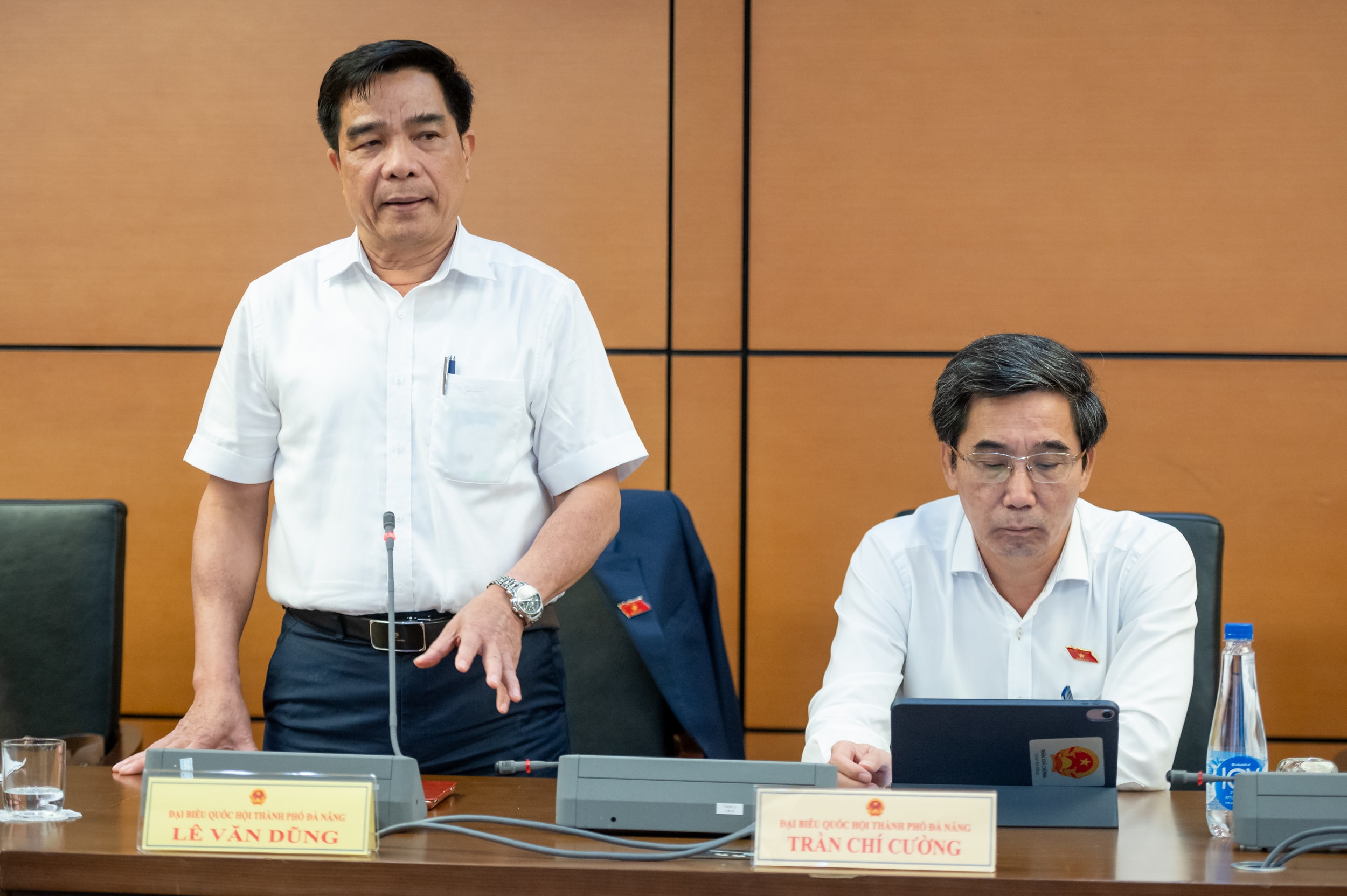
Appreciating the above policy, National Assembly Deputy Le Van Dung (Da Nang) pointed out that developing education and healthcare in mountainous, remote and isolated areas still faces many difficulties. In particular, with education and training, in the short term, there needs to be a strong enough mechanism and policy to attract teachers from the lowlands to work. In the long term, there needs to be a policy to develop local teachers. "Ensuring a sufficient number of teachers is the only way to develop education, as well as ensure the quality of human resources in this area," the delegate emphasized.
Agreeing with the above viewpoint, Chairman of the Committee for Culture and Society Nguyen Dac Vinh, National Assembly member of Tuyen Quang province, stated that the mechanism of nomination should not be implemented, instead, it is necessary to invest in university preparation. If the issue of nomination is still raised, it will be difficult to ensure the quality of teachers, because the candidates are very far from the subjects of formal training. Therefore, to develop the local teacher source, it is necessary to prioritize investment in university preparatory schools so that students in this area can confidently enter university. Only then, after graduating from university, when they return to work, will they have good quality.

The Chairman of the Committee for Culture and Society also emphasized that there are currently doctors and nurses who have registered to study to both stay close to the locality and improve their qualifications and professional capacity. He suggested that it is necessary to create conditions for local doctors and physicians to study to improve their professional qualifications. He also said that appropriate policies must be designed and it is impossible to implement the "study while working" model as before.
“Now the issue should be raised about advanced training, the quality of these courses must be the same as regular training. Priority should be given to local people but attention must be paid to training to ensure the quality of local human resources,” the Chairman of the Committee on Culture and Society emphasized.
Regarding the mechanism for recruiting, using and managing human resources in the education sector, the Chairman of the Committee for Culture and Society also said that after the Law on Teachers was promulgated, the problem of transferring teachers between mountainous and lowland areas was solved. In addition to empowering the Director of the Department of Education and Training to exercise the authority to recruit and receive teachers, educational institution managers and staff in public educational institutions in the province, he also suggested considering where there are conditions, the direct recruitment should be assigned to educational institutions.
Regarding the incentive support mechanism for teachers and staff, National Assembly member Pham Thuy Chinh (Tuyen Quang) noted that the draft Resolution has not clarified the specific level, scope and budget source. According to the delegate, this budget source needs to be guaranteed for the long term and there needs to be a detailed scenario in the early and mid-term stages of implementing the mechanism and policy.
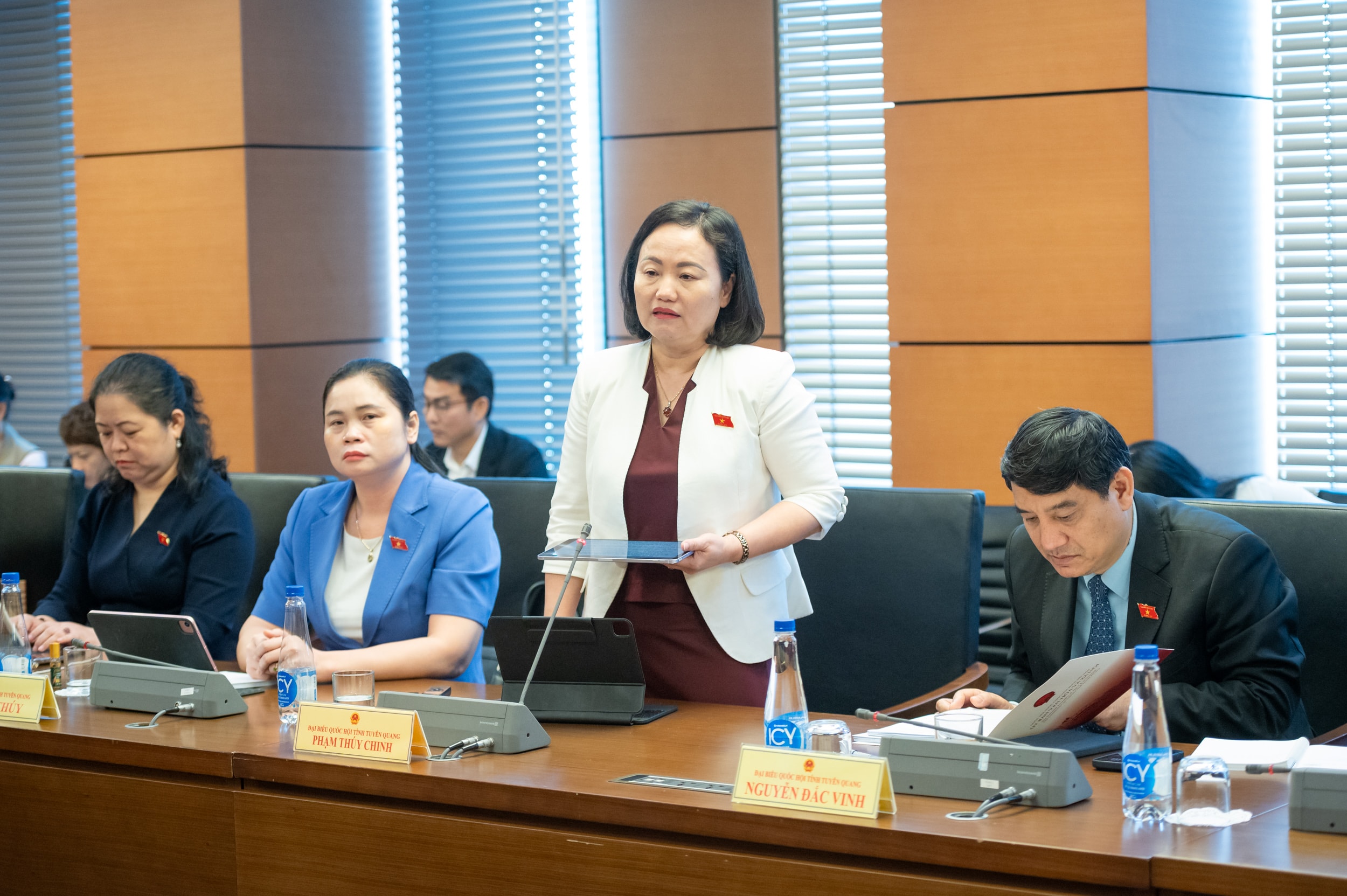
Regarding the organization of recruitment and employment of education sector workers, delegates suggested that the Government should be assigned to specify detailed standards, capacity and transparent procedures to ensure effective implementation.
Free textbooks demonstrate the humanistic nature of education
Article 3, Clause 1 stipulates that the Minister of Education and Training shall decide on a set of general education textbooks to be used uniformly nationwide, to be implemented from the 2026-2027 school year; to provide free textbooks to students by 2030; for localities with conditions, free textbooks will be implemented from the 2026-2027 school year.
The National Assembly deputies said that this is a policy that the people are very interested in. This is a major policy, with profound meaning for social welfare and equity in education. Textbooks are not only learning tools, but also a symbol of knowledge, the first means for all children to access the right to equal education as recognized by the Constitution and law. Therefore, National Assembly deputy Ma Thi Thuy (Tuyen Quang) affirmed that the policy of free textbooks is a step forward demonstrating the humanistic and socialist nature of our country's education.

However, delegates were concerned when the draft Resolution stipulated that localities with "conditions" would be able to implement free textbooks 4 years earlier than the remaining localities.
Meanwhile, in reality, the "well-off" provinces are mainly large cities and economic centers - where people's living standards are relatively high; disadvantaged localities such as mountainous areas, islands, and ethnic minority areas will have to wait until 2030 to enjoy this policy.
Believing that applying the roadmap as in the draft Resolution will no longer make students' access to education equal in terms of time, fading the spirit of social justice in education, delegate Ma Thi Thuy suggested keeping the goal of free textbooks nationwide by 2030, but prioritizing early implementation in particularly difficult areas, mountainous areas, islands, and ethnic minority areas - where people really need the most support. "This demonstrates both a humane policy and the spirit of "leaving no one behind" in education."
Delegate Ma Thi Thuy also proposed adding specific criteria to determine “qualified localities” based on budget balancing capacity, socialization capacity and average income per capita, to make the implementation transparent and avoid arbitrariness. Allowing the mobilization of socialized resources, scholarship funds, businesses, and socio-political organizations to participate in providing free textbooks, instead of relying solely on the state budget.
At the same time, pilot the model of "shared textbook library" in general schools from 2026, especially in rural and mountainous areas, so that students can borrow and reuse textbooks for free while waiting for synchronous implementation.
Source: https://daibieunhandan.vn/uu-tien-thuc-hien-som-viec-mien-phi-sach-giao-khoa-o-mien-nui-hai-dao-vung-dac-biet-kho-khan-10395937.html
















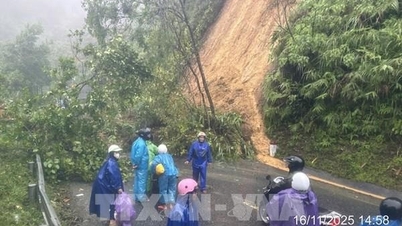

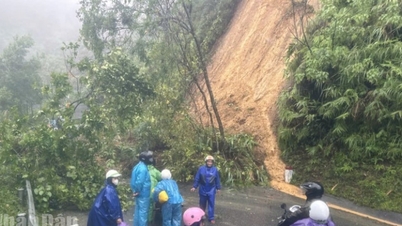




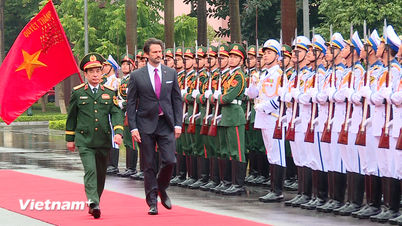

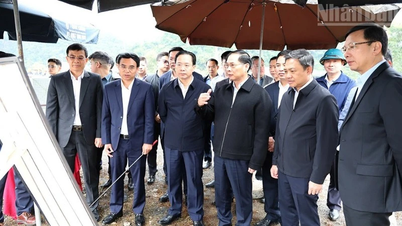








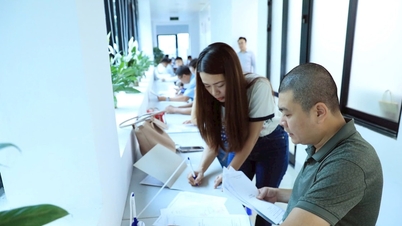




![[Photo] General Secretary To Lam and National Assembly Chairman Tran Thanh Man attend the 80th Anniversary of the Traditional Day of the Vietnamese Inspection Sector](https://vphoto.vietnam.vn/thumb/1200x675/vietnam/resource/IMAGE/2025/11/17/1763356362984_a2-bnd-7940-3561-jpg.webp)








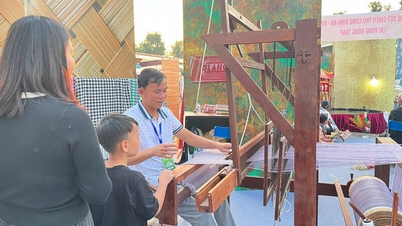

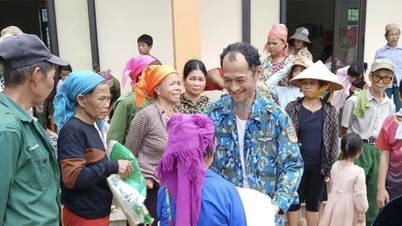












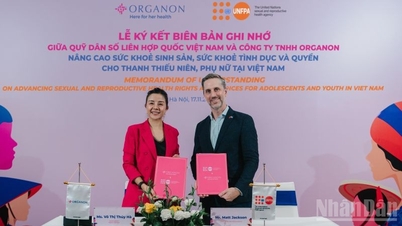






















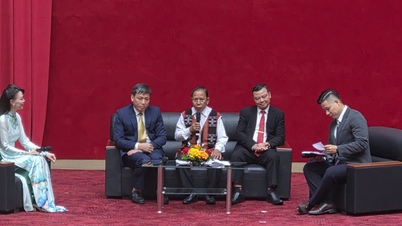









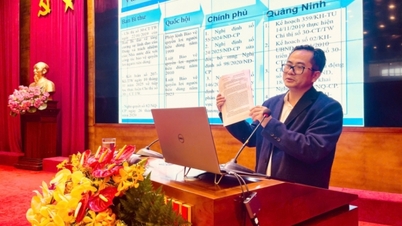



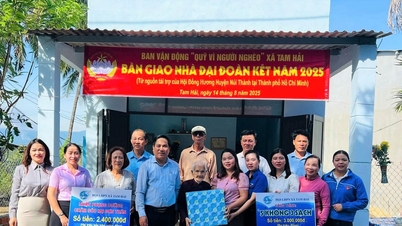












Comment (0)